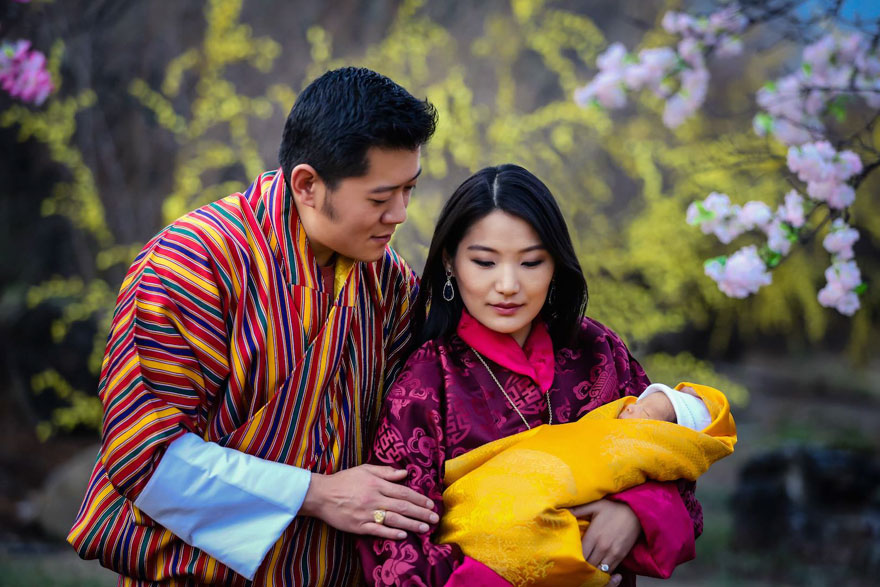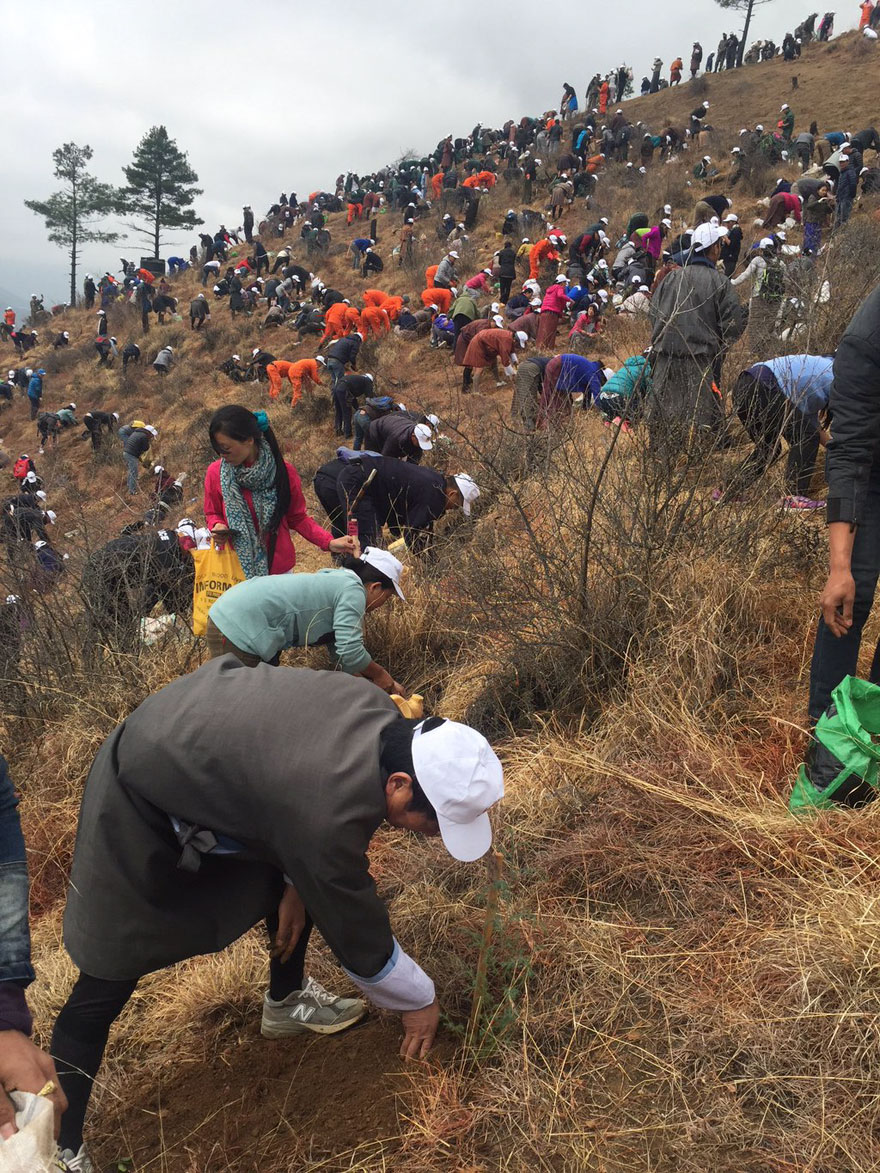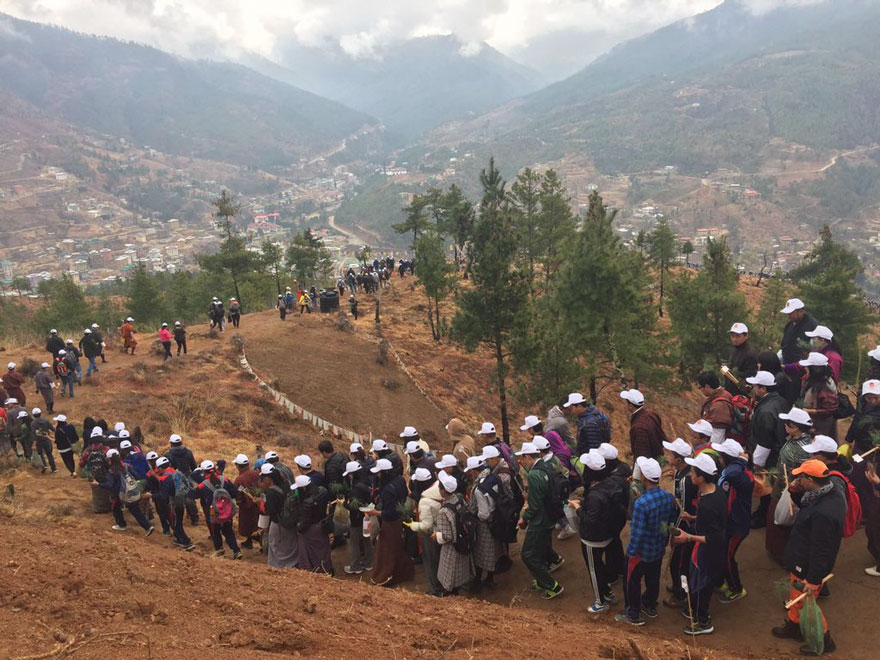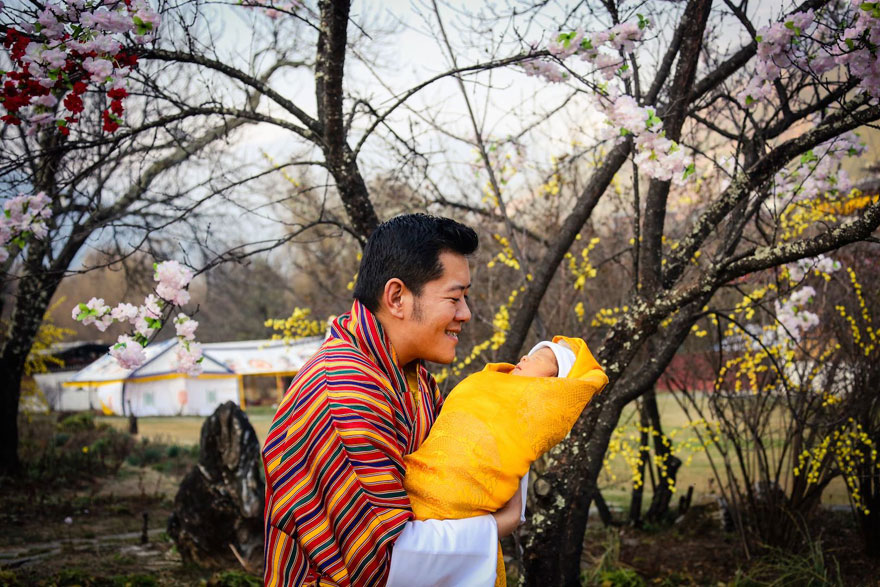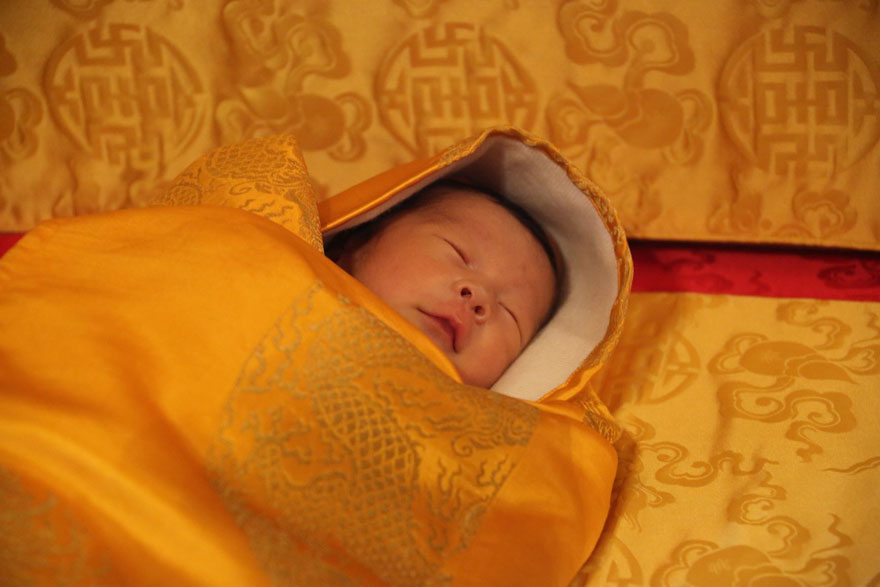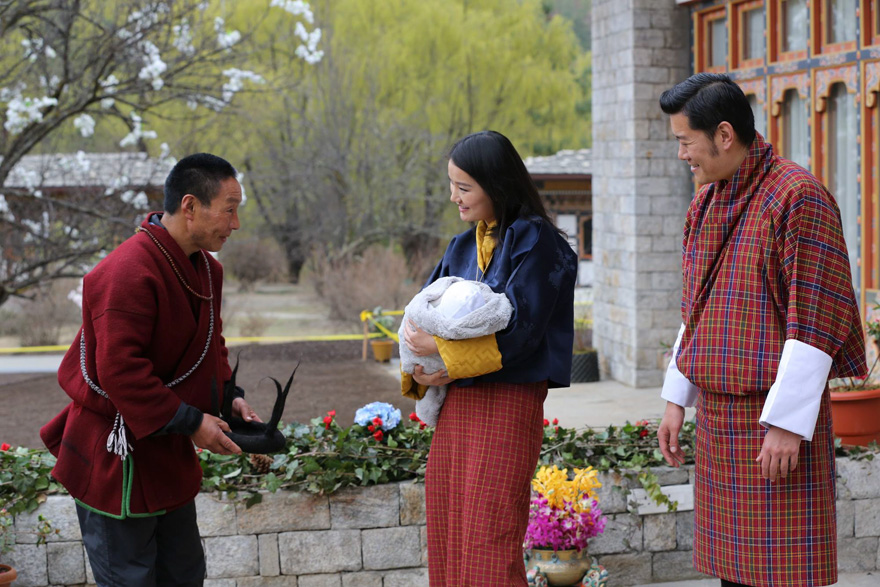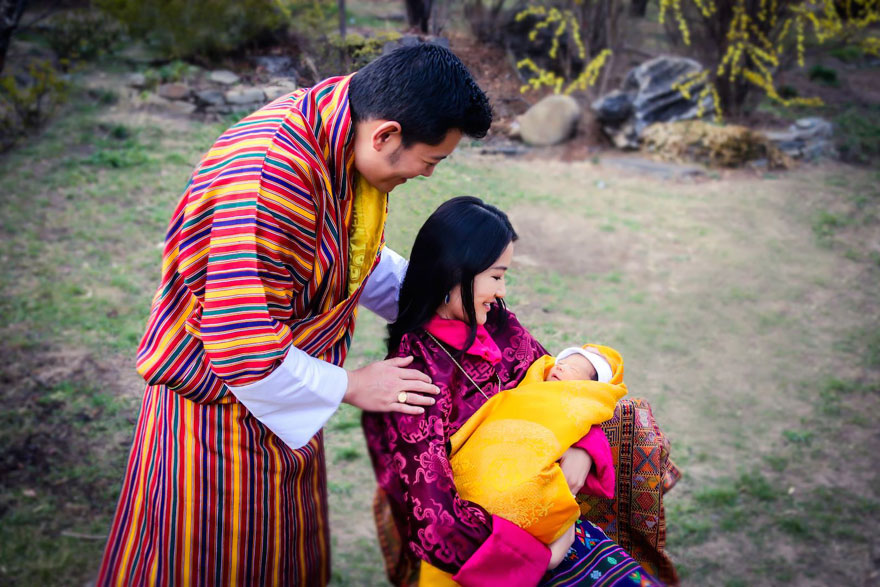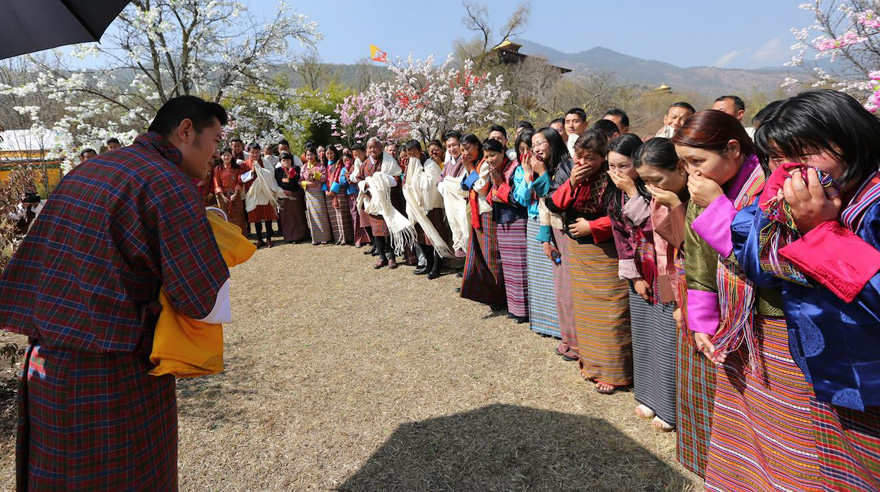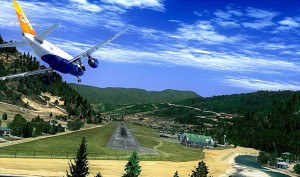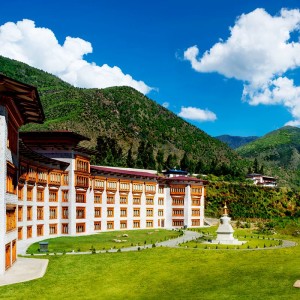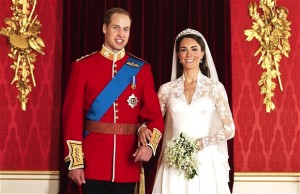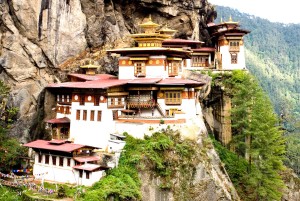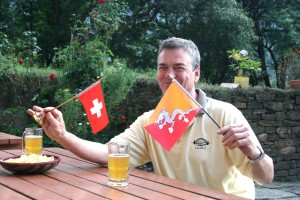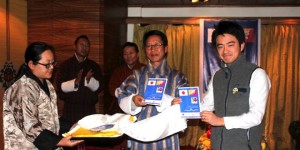
Japanese tourists are entitled huge discounts in June, July and August
Japanese tourists visiting Bhutan will not have to pay the mandatory minimum daily package rate of USD 200 per person. They will only pay the daily royalty of USD 65 per person per night.
This is the highlight of Bhutan-Japan Friendship offer that was launched simultaneously in Thimphu and Tokyo, Japan on 19th January to commemorate 30 years of close diplomatic ties between the two countries.
In Thimphu, Foreign Minister Damcho Dorji launched the offer, while minister for economic affairs, Lyonpo Norbu Wangchuk, launched the offer in Tokyo.
The offer is for the months of June, July and August, which includes 50 percent discount on airfare besides discount of up to 50 percent on the hotels. There will also be flexibility of choices in other services.
All Japanese tourists are required to book their trip to Bhutan through a licensed tour operator.
Lyonpo Damcho Dorji said that the offer is launched against the backdrop of three special events in Bhutan this year – birth of the Royal Heir, birth year of Guru Rinpoche and the 400th anniversary of Zhabdrung Ngawang Namgyal’s arrival in Bhutan.
“Against this historical background, Bhutan and Japan are commemorating 30 years of bilateral relations and friendship,” lyonpo said. “The offer is special and it would help promote people to people contact.”
Lyonpo also highlighted important development assistance from Japan in the agriculture, health, education, communications and human resource sectors. “The offer is a testimony of the good relations between the two countries,” lyonpo said, adding that bilateral relations between the two countries began in March 28, 1986.
TCB officials said that Japan has been an important development partner since formal relations started between Japan and Bhutan, especially in the area of agriculture sector where late Dasho Nishioka played an important role in promoting agriculture in Bhutan.
According to TCB, the first group of Japanese tourists visited Bhutan in 1975 when Bhutan opened up for tourism. Since then Japan remains an important market for Bhutan.
However, most tour operators expressed dissatisfaction over the offer saying the industry was not consulted and that the offer should not have been specific to Japan.
The tour operators’ and hotels associations had proposed for a similar offer last year for all tourists in the lean season.
Tour operators said the offer was decided despite reservations from tour operators. As the offer is from June to August, they said the offer would have implications in the long run, as most Japanese tourists travel during these months.
“Such offers are not beneficial but have a huge implication on the industry,” a tour operator said, adding that such offers should be done at a government level instead of strangulating the throats of businessmen. “Every time the government does that, they never consider touching the royalty but just the tariff.”
Some tour operators who deal with the Japanese market said even the Japanese agents were not happy with the offer. “None of us in the industry are happy,” one said. “It’s like legalizing undercutting at a time when it has become the talk of the town.”
A similar offer for Thai tourist was launched for the same period in 2014 to commemorate 25 years of diplomatic relations between the two countries.
The offer for Thai tourists, some tour operators said had a huge implication on the Thai market now, as it has become difficult to promote Bhutan in Thailand after the offer.
“Now the Thais know how low we can get so it’s difficult to sell tour packages at the normal rate,” a tour operator said.
Tour operators said Japanese market has always been good for Bhutan as a major source except for 2014 that witnessed a drop.
Records with TCB show a steady increase in arrivals of Japanese tourists since 2004, when the country recorded 1,087 tourists. In 2012, Japan surpassed America in terms of international visitor segment for the first time with 6,967 tourists. Bhutan usually gets the highest arrivals from the US, followed by Japan.
Tourist arrivals from Japan slumped by more than 30 percent in 2014 where about 2,707 tourists visited, the lowest since 2010. In 2013, the country recorded some 4,015 Japanese tourists.
The peak arrivals in 2012 were mainly attributed to His Majesty the King and Gyaltsuen’s visit to Japan in 2011, which generated enormous publicity and awareness on Bhutan.
Source: Kuensel (Kinga Dema)

